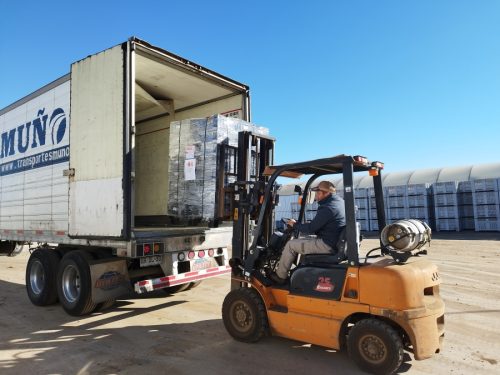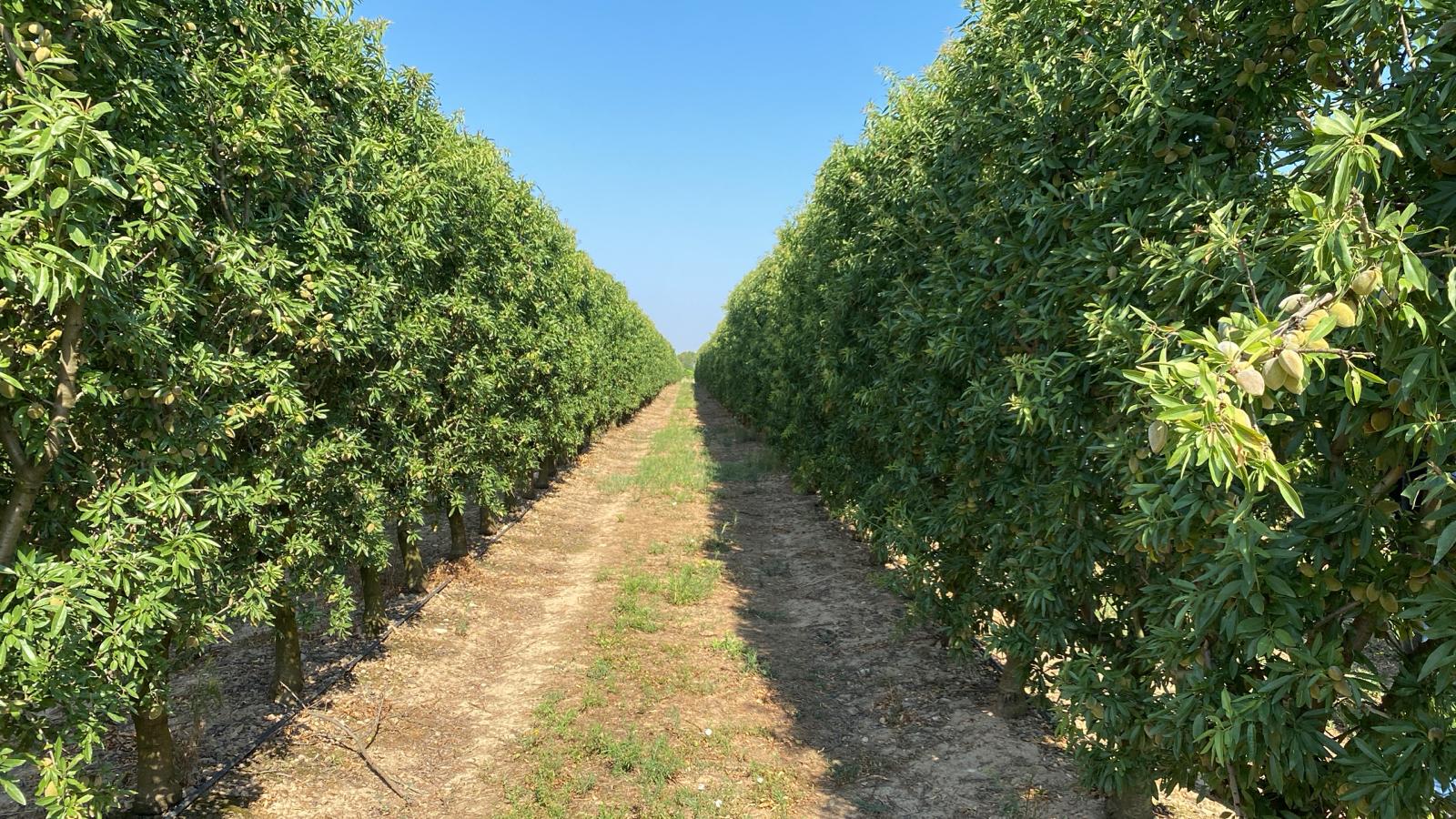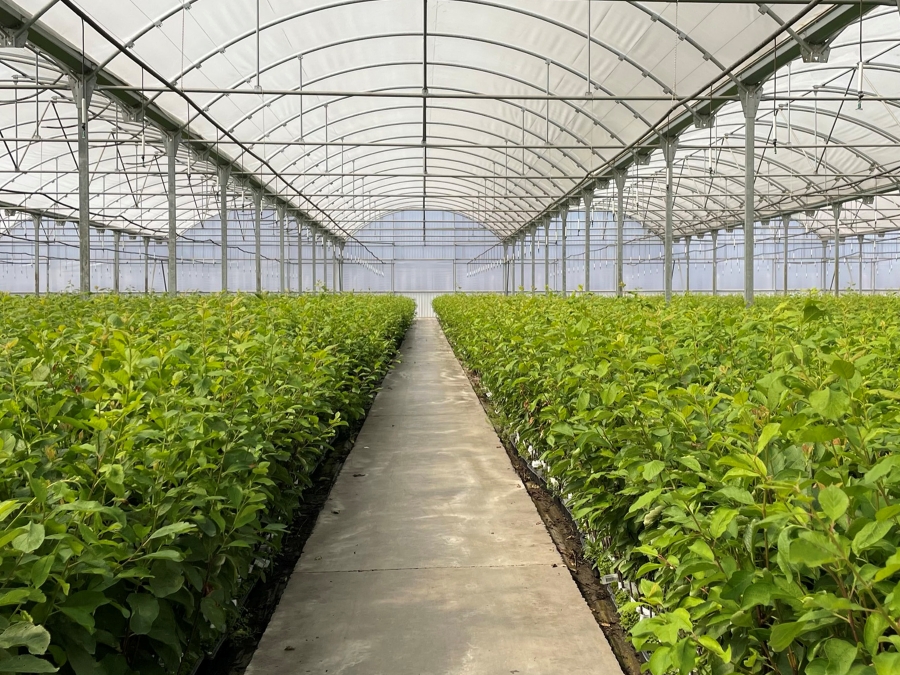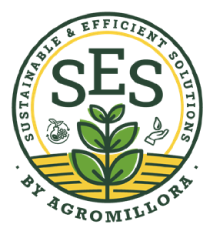High-Quality Fruit Plants: The Potential of Chilean Nurseries to Meet New Challenges in the International Market
After a couple of years of decline in the plant export market, the outlook today is encouraging: improvements in certification processes, the emergence of new markets with new varieties, and the methodical work of the entire industry show that Chile’s nursery sector is ready to meet the growing international demand for high-quality plants.
The export market for fruit plants—through rootstocks and propagation material—is viewed with optimism. The sector has shown signs of strong recovery compared to previous years, and in 2024 began to stabilize, with a 20% increase in exports totaling 63 million plants. This positions Chile once again as a key player in the export of species such as olive trees, cherry trees, blueberries, and grapevines, which currently lead international shipments.
Exporting Fruit Plants: A Long Road Ahead

To ensure and secure the commercial commitment of shipping thousands of plants abroad, the phytosanitary certification process has been streamlined. “We have three laboratories working with SAG to conduct these analyses, which has helped reduce costs. However, certifying a batch for export is still a significant expense, as we must ensure the plants meet the destination countries’ requirements,” adds the SAG professional.
The logistics process is also crucial, with several steps required before shipment: certification of the mother plant and the batch to be shipped, always with proper phytosanitary safeguards. “Once we receive certifications confirming the batches are virus-free, we can proceed with export: we pack the material and place it in a cold chamber to maintain temperature. Whether by land or air, we always coordinate with SAG. The truck is loaded, and they certify it and place a seal that must not be broken. If transported by air, we use a refrigerated truck, and SAG personnel at the airport break the seal and authorize the shipment. If by land, the seal must remain intact until the health authority in the destination country breaks it,” explains Vicky Lagos.
“Shipping plants to other countries is always a challenge. Since they are living organisms, we must take the utmost care. We’ve been exporting for over 20 years, which has allowed us to fine-tune our logistics with regulatory agencies regarding documentation and the quality standards of our plants,” adds Jorge Rodríguez, Commercial Manager at Agromillora Sur.
“Agromillora, like the other nurseries that are part of the Nursery Association, operates with great integrity. On-site inspections have shown that Chilean nurseries maintain very high standards. What I personally appreciate most is the progress made in certifying the entire production chain—from the mother plant and in vitro multiplication areas to acclimatization and growth stages. This ensures that plants are protected throughout the production process and guarantees buyers receive completely healthy plants,” adds Soledad Labbé.

New Growth Opportunities in a Market That Demands High Quality
In 2024, 9.5% of Agromillora Sur’s total sales came from plant exports. “Recently, in addition to our historical exports, we’ve received many requests for berries, especially blueberry and raspberry plants. At the corporate level, we’re seeing global growth, which has positioned us as a key player thanks to our export experience and global network of laboratories.
This allows us to carry out the process efficiently and on time, with the highest quality standards,” says Jorge Rodríguez. “We hope to continue operating in the same way, producing plants to supply the Argentine market—ideally through local nurseries that can distribute the genetics and monitor plantation health. We also aim to open new opportunities in the region. South America has tremendous potential and will need to feed a large part of the world in the coming years,” he concludes.








